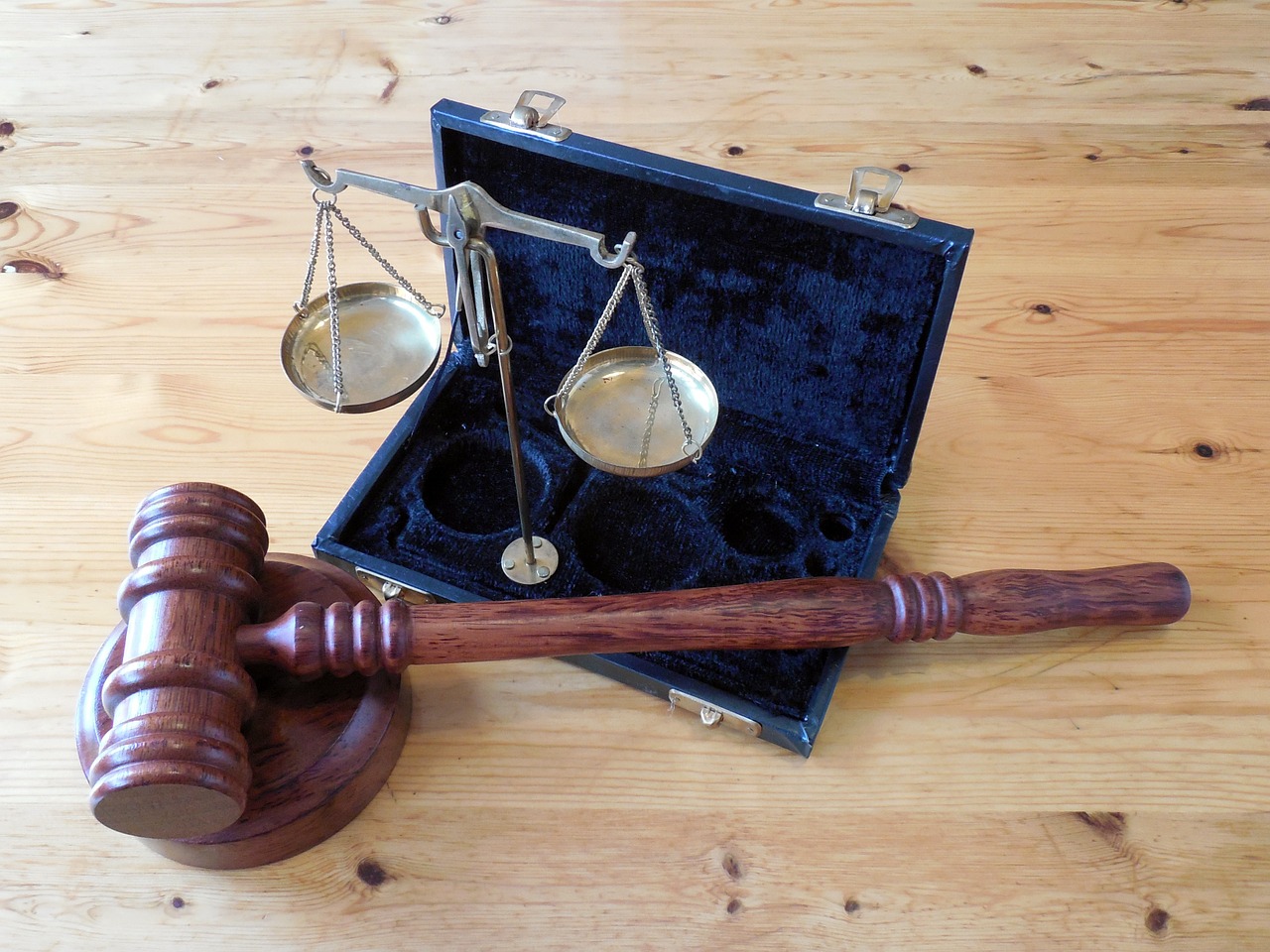In full transparency, the following is a media release from Sen. Ed Markey , who was elected by voters in the Commonwealth of Massachusetts to serve the state in Washington DC in the US Senate. He is a Democrat. (stock photo)
***

WASHINGTON DC – U.S. Senators Edward J. Markey (D-Mass.) and Sheldon Whitehouse (D-R.I.) wrote to Judge Roslynn R. Mauskopf, Director of the Administrative Office of the U.S. Courts, regarding the use of private prosecutors in the federal courts.
On July 26, 2021, following a five-day bench trial in May, environmental lawyer Steven Donziger – whose case has garnered significant attention and shined a spotlight on private prosecutions of criminal contempt charges – was found guilty on all six counts of criminal contempt with which he had been charged.
Donziger’s prosecution and conviction arose out of proceedings in the Southern District of New York after he had obtained a $9 billion judgment against Chevron in Ecuador on behalf of Amazonians whose health and land was damaged by oil-drilling waste. Donziger had challenged the appointment in his criminal contempt case of three private prosecutors.
[broadstreet zone=”59948″]
“The case of environmental lawyer Steven Donziger has garnered significant attention and shined a spotlight on private prosecutions of criminal contempt charges. These prosecutions are highly unusual and can raise concerning questions of fundamental fairness in our criminal justice system,” wrote Senators Markey and Whitehouse.
A copy of the letter can be found HERE. Specifically, the lawmakers ask Judger Mauskopf to respond to a series of questions related to the use of private prosecutors in the federal courts under Federal Rule of Criminal Procedure 42(a)(2), including:
- For each of the last five years, in how many cases have federal judges charged individuals with criminal contempt under Rule 42? In how many of those cases did the government decline the required request to prosecute, resulting in the appointment of a private prosecutor?
- What were the outcomes in the contempt cases prosecuted by the government and those prosecuted by private prosecutors? Are there disparities in dismissals, convictions, plea bargains, or sentences in public-prosecutor contempt cases versus private-prosecutor contempt cases?
- Are there specific tests judges must apply in determining whether a private prosecutor is “disinterested” under Vuitton? If so, what are they? If not, why not?
[broadstreet zone=”59947″]
- Are private prosecutors appointed under Rule 42(a)(2) required to disclose conflicts of interest? How does the court avoid private-prosecutor conflicts of interest?
- What ethics rules govern private prosecutors appointed under Rule 42(a)? Do these rules differ from ethics rules applicable to public prosecutors?
- Are there concerns with the existing process of judges appointing hand-selected private prosecutors? Should there be a pool of private prosecutors from which random selection is made?
- Rule 42(a)(3) provides that “[i]f the criminal contempt involves disrespect toward or criticism of a judge, that judge is disqualified from presiding at the contempt trial or hearing unless the defendant consents.” Must a judge recuse him- or herself under this provision before a judge transfers a criminal contempt case to another judge? Is a judge permitted to hand-select another judge to preside over the prosecution of a criminal contempt case rather than following standard random assignment processes?
- Are additional procedural safeguards necessary to ensure fair prosecutions for criminal contempt under Rule 42?
[broadstreet zone=”59946″]

